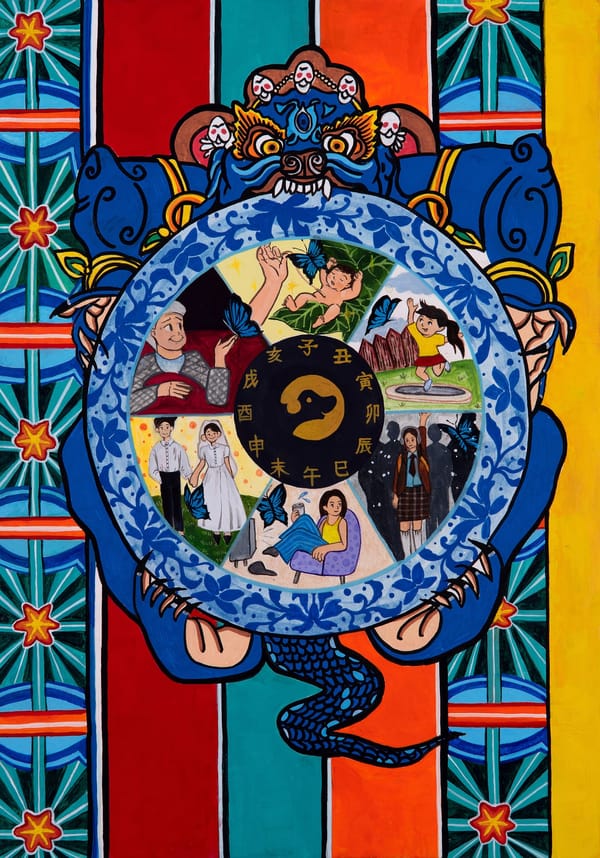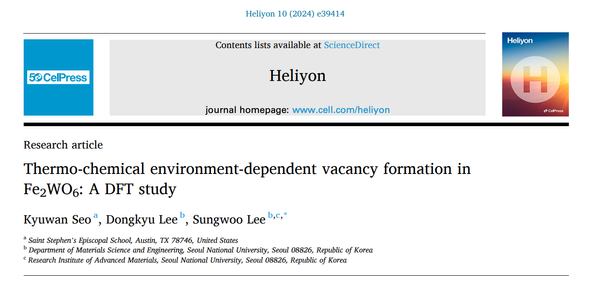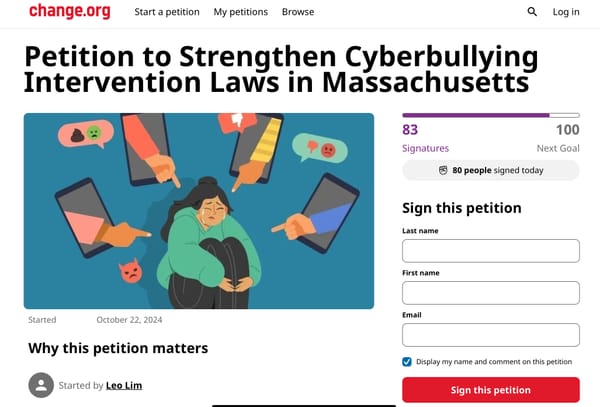Et tu, America?
By David Taehee Lee
Don’t you hate it when you’re wrong? The more absolute your anticipation is, the harder the truth bites. I got a massive blow when I discovered that my initial perception of America was so different from the reality I discovered when I went there. The image I built around my homeland (yes, I was born in New York) from a remote country turned out to be that of wild imagination, almost a fantasy. Not to say that America is bad (I love America, don’t get me wrong), but reflecting back, those glorifications I made were quite exaggerated. America, though it has its virtues, fails to live up to its reputation as Utopia.
I always thought America to be “The Promised Land”, where everyone has ‘Fair, infinite opportunities to shine’. It turns out that class divisions are clearly delineated in the US. Although America offers more liberty and diversity in many respects, the background in which an individual comes from matters. In fact, it matters more than any other country. Especially in terms of education: with tuition skyrocketing and colleges requiring all those APs, SATs, and extravagant extracurriculars, those with genuine talent but economically disadvantaged receive a huge blow. My illusions shattered and I felt ashamed of all the occasions when I boasted to my friends `Everyone-and I mean every man, woman, and child has a bright future in my country!”.
The word “America” used to evoke an image of a vast valley under the golden sun, buried treasures and unknown lands to be explored. Having lived in PRISMS for over a year, that image has long been shattered: openness lingers but merely like an oasis. Maybe it’s simply because our school is in a forested area. Maybe things would change once I start going on road trips with college friends. However, for now, I find my monotonous and confined life disappointing, and such thoughts of adventure are merely flights of fancy. I did visit The Grand Canyon and Death Valley when I was 7: perhaps my childhood memories 5 drove me so far. And it took ten years for that bubble to be broken.
Finally, here’s something quite amusing to refresh the rather dull stuff I’ve talked about: Americans are more complicated than the stereotypes around them. I thought Americans ate waffles with scrambled eggs and coffee for breakfast, burgers and fries for lunch, and steak for dinner. Every day. Honestly, this sounds absurd even in written letters, but I genuinely believed this stereotype was true: you never know before you see. Also, I thought Americans were arrogant, thinking they knew everything. Once more, I found that I was wrong: The teachers made mistakes in and out of the classroom, but they were quick to admit it. The Doordash drivers asked me for instructions to find the school, instead of dumping my food on Lambert 10 and getting away with it. However, these experiences brought about a positive change: with my stereotypes broken, I became more receptive and open to the cultures of America. Though America is not a utopia, it does have certain virtues. Yet here I am: a confused and unexperienced teenager thinking about stuff that might be too deep and complex for me to understand. However, as my fortune has led me to PRISMS, I must say I am lucky, at the very least. If I were to spend the rest of my life in Korea, I never would have been able to step outside my “pitifully and regrettably tiny, itsy-bitsy bubble”. Experiences throughout life are sure to further burst my bubbles, and they would be a solid source for my overall growth as a human being.


